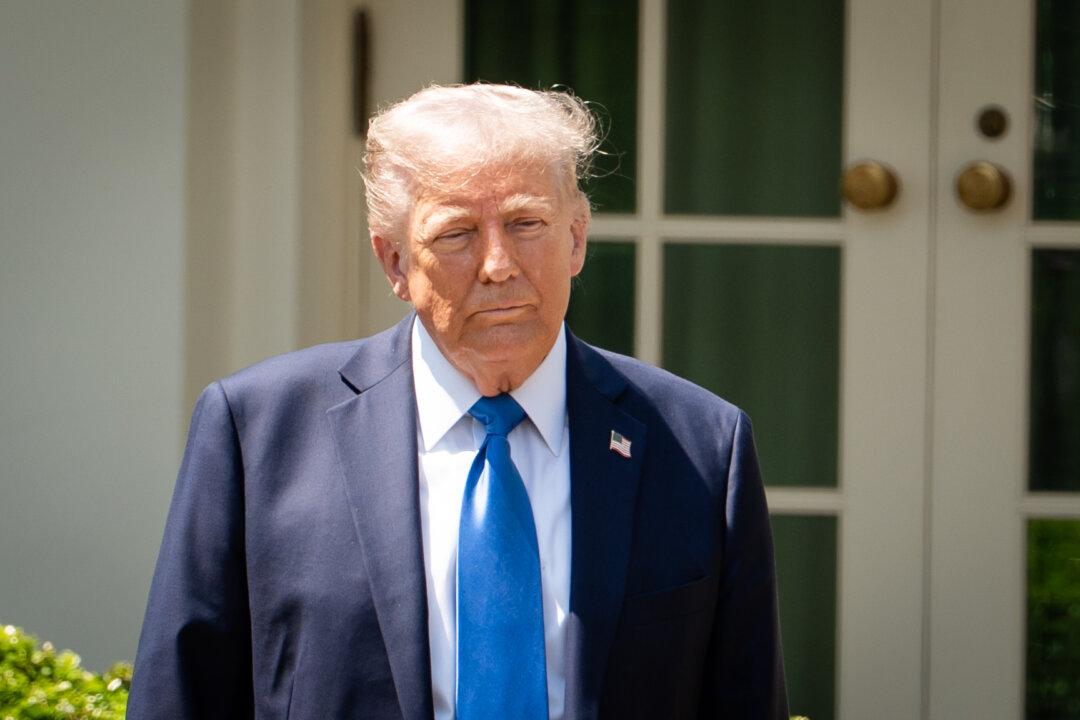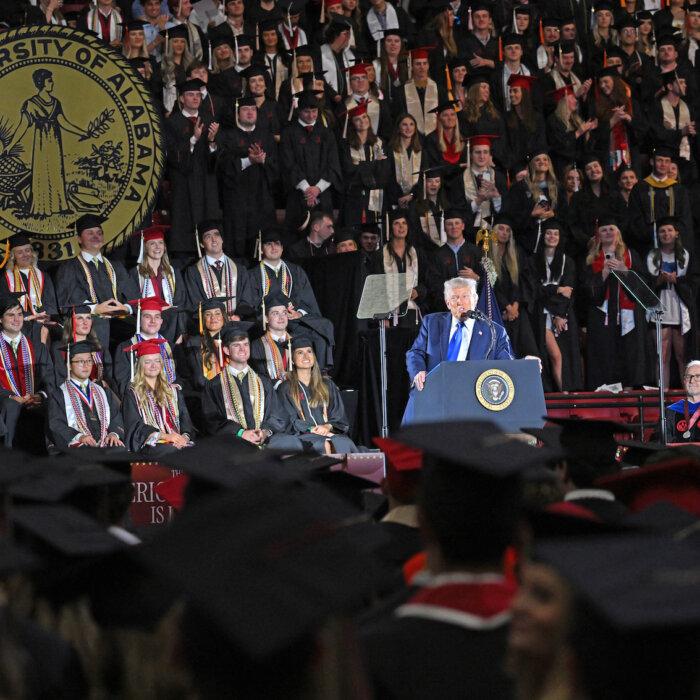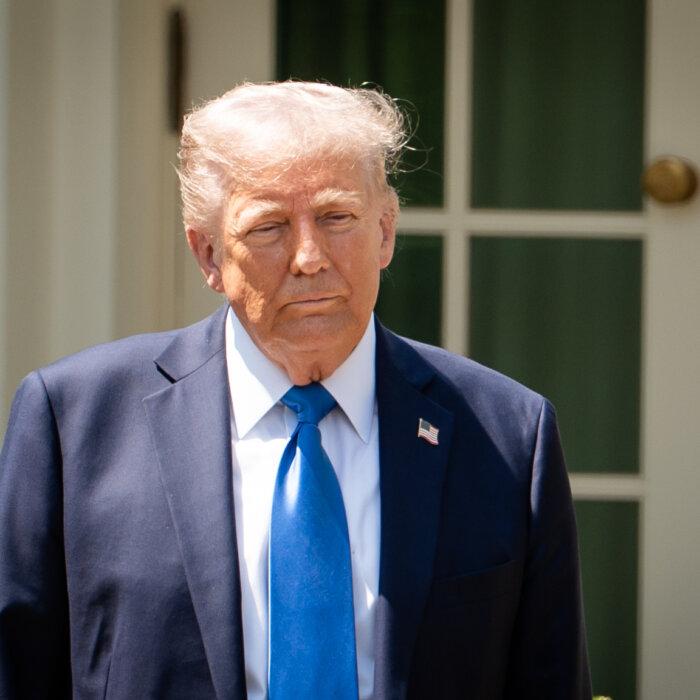President Donald Trump on May 1 unveiled his first judicial nomination since returning to the White House as he moved to appoint Whitney Hermandorfer, a lawyer serving under the Tennessee attorney general, to a seat on a federal appeals court.
“Whitney has been serving the Great People of Tennessee, in the Attorney General’s Office, where she has strongly litigated in Court to protect Citizens from Federal Government Overreach,” Trump wrote.
“A former Co-Captain of the Princeton University Women’s Basketball Team, Whitney is a staunch defender of Girls’ and Women’s Sports.
“She has a long history of working for Judges and Justices who respect the rule of law, and protect our Constitution, including Justice Samuel Alito and two fine Supreme Court Justices I appointed in my First Term.
“Whitney is a Fighter who will inspire confidence in our Legal System.”
She currently works as director of the Strategic Litigation Unit at Tennessee Attorney General Jonathan Skrmetti’s office in a role that focuses on spearheading constitutional, statutory, and administrative-law challenges to federal agency action, as well as on defending the state in “complex matters” at both the trial and appellate level, the bio states.
Before working at the attorney general’s office, she worked at Washington-based Williams & Connolly LLP, where she focused on appellate and administrative-law litigation.
Hermandorfer has clerked for three members of the Supreme Court’s conservative majority, including Justice Samuel Alito in 2018 and Justice Amy Coney Barrett during her inaugural 2020 term.
Prior to that, she clerked for then-Judge Brett Kavanaugh on the District of Columbia Circuit and Judge Richard Leon, also on the District Court for the District of Columbia.
Senior status is a form of semi-retirement that can be taken by judges who are at least 65 years old, provided they have served at least 15 years on the bench and the sum of their age and service equals at least 80 years.
Presidents may name new full-time judges to fill those judges’ seats.
The Republican leader made 234 judicial appointments during his first term in office, including three members of the Supreme Court’s 6–3 conservative majority.






